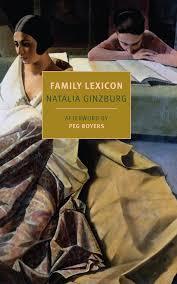11. The Hottest Dishes of the Tartar Cuisine by Alina Bronsky, trans. from German by Tim Mohr (Europa Editions, 2011)
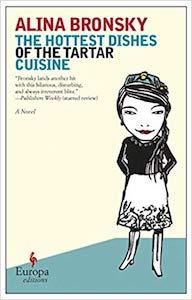
Bronsky, who is German by way of Russia (former USSR), pulls off that very difficult task of creating a convincing, totally unlikeable narrator, who is also compelling, often funny, and eventually even elicits sympathy from the reader. I read several reviews of this book after I finished to see what others thought, and no reviewer contends with the novel as a whole, most are focused on the first half, which is comic and fairly light. The last third or so takes a different turn in tone, and even in writing style. This book illuminated for me the problem with endings, how the right ending isn’t always apparent. (And how readers are forgiving of inadequate endings if the first half makes enough of an impact. I felt this way about Han Kang’s The Vegetarian, which won the Booker and got a lot of love a couple of years ago: it was powerful but incomplete. A masterpiece for me is when the ending shines a spotlight on the narrative as a whole. The ending feels absolutely right and is unforgettable.) I still haven’t made up my mind about this book as a whole, the ending seems more appropriate the longer I’ve ruminated on it.
Provenance: I received it as part of my Kickstarter prize for helping fund the awesome Bookselling Without Borders project that promotes fiction in translation in the U.S.
Fate: Passed on to a friend.
12. La perra by Pilar Quintana (Random House, 2018)
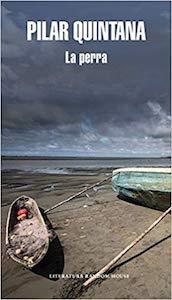
A slim, tense little novella. I think this is the only Latin American novel I’ve read that’s set in a poverty-stricken environment (in Colombia). Quintana handles issues of race and class subtly and deftly. Heartbreaking and difficult to read.
Provenance: Borrowed from my friend Lydia, who works at World Editions, the small press that will be publishing a version in English!
13. Family Lexicon by Natalia Ginzburg, translated from Italian by Jenny McPhee (NYRB Classics, 2017, original in 1963)
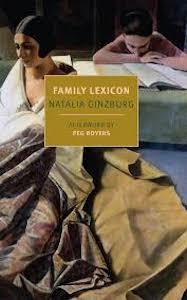
This memoir is a slightly awkward blend of Ginzburg’s affectionate memories of her eccentric family, particularly her father, and then the terrible ways fascism and World War II split everything apart in Italy, particularly in her Jewish, highly political household. Although it was grimmer, I enjoyed the second half more, where Ginzburg herself emerges a bit more (though she’s trying to hide throughout it). The premise of the “family lexicon” – the songs and funny sayings that characterized her parents and siblings – are also a major translation challenge, which wasn’t always met. (I wrote more about this here.)
Provenance: Van Stockum bookstore in Leiden (R.I.P.)
Fate: Can’t remember. Possibly still kicking around the apartment, or maybe passed on to a friend.
14. Viviane by Julia Deck, translated from the French by Linda Coverdale (The New Press, 2014)
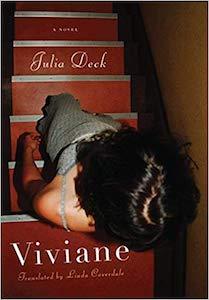
Another slim, tense little novella, like a pen-and-ink drawing. In another writer’s hands, there could have been much more back story, but the spare approach works. Merges psychological drama with the traditional murder mystery, almost ironically, I think. It was a good read, but I have to say I didn’t think much about it afterwards.
Provenance: I received it as part of my Kickstarter prize for helping fund the awesome Bookselling Without Borders project that promotes fiction in translation in the U.S.
Fate: Passed on to a friend.
15. The Everything Wine Book: A Complete Guide to the World of Wine by David White (Everything, 2014)
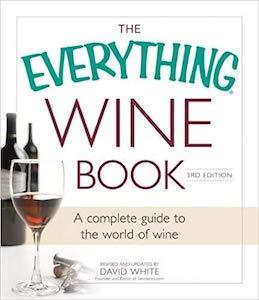
I suppose this sort of book doesn’t really belong on a literary-type book list, but the completist in me wants “credit” for having read it all, and also I would recommend it! (I’m not counting cookbooks, btw.) I got it because I wanted to understand those complicated French wine labels, which kept me from ever choosing a French wine as I never knew what I was getting into. This is a friendly, not-at-all snobby guide to wine regions, the history of wine, types of grapes, etc. It made me both appreciative and more adventurous with my wine choices.
Provenance: Bought at the clearance sale when the Van Stockum bookstore in Leiden closed (RIP)
Fate: On the keeper shelf!

